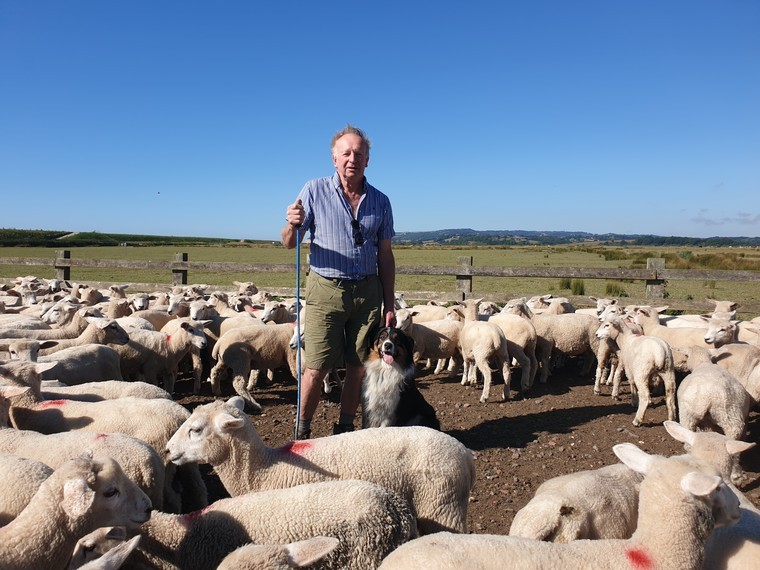Frank Langrish, who farms sheep and beef on around 700 hectares of land at Rye, told South East Farmer he didn’t know any farmers who were planning to take up the option of the promised nest egg, expected to be somewhere between £50,000 and £100,000.
The Government has said farmers willing to exit the industry will be able to receive the cash they were due to receive under what’s left of the Basic Payment Scheme as a lump sum.
With those direct payments due to be reduced over the next seven years, starting with 5% cuts this scheme year and rising to 50% in 2024 – and bigger cuts for larger recipients – DEFRA has said farmers can opt to take the money up front as long as they quit farming, creating opportunities for new entrants and those who want to expand.
Farmers taking part would have their BPS entitlements cancelled and would have to sell or rent out their land or surrender their tenancy, although DEFRA says they will be able to keep their dwelling place and up to 5% of their agricultural land.
Early figures suggested they would receive a payment worth 2.35 times a reference amount, expected to be the average annual BPS payment they received from 2018 to 2020, subject to a cap of £100,000. Based on this calculation, a £25,000 direct payment would qualify for a lump sum in 2022 of £58,750.
“The difficulty,” said Frank Langrish, “is the tax position. As far as I can tell – and it’s not easy because like most other government proposals it’s pretty thin on the detail – it’s OK if the farmer is going to retire, because then the cash will be treated as a business asset.
“But if they go on to do something else, that lump sum will probably be taxable. That means that they could lose 25% or 40% of somewhere between £50,000 and £100,000, and that makes a big difference to the viability of the proposal.
“Like a lot of these big ideas, it’s a great soundbite, but we need a lot more detail. Some farmers of retirement age might see it as a bonus, but I’m not seeing people lining up to take up the offer.”
It’s also not clear, in Frank’s mind, whether or not taking the cash that applies to that piece of land will also prevent the incoming farmer – possibly a family member – from applying for any other grant help on the same piece of land.
“There aren’t many small farms left anyway,” he added. “And this will probably help to kill off the few that still exist.”
The consultation on the exit scheme suggests that it will open for applications in the first half of next year.
A more optimistic George Dunn, chief executive of the Tenant Farmers’ Association (TFA) said the scheme could benefit a range of situations where individuals were ready to exit the industry.
“The lump sum scheme was never going to provide the complete solution for those looking to retire from agriculture,” he said.
“However, as part of a portfolio – which might include a surrender payment from a landlord, the sale of livestock and equipment, and other pension provision – it could be a very useful catalyst.”
He said he was disappointed, though, that if an owner-occupier decided to surrender his BPS entitlements and rent out the land under the scheme, DEFRA was only requiring a minimum farm business tenancy of five years. The TFA will ask for 10 years in its response to the consultation.




